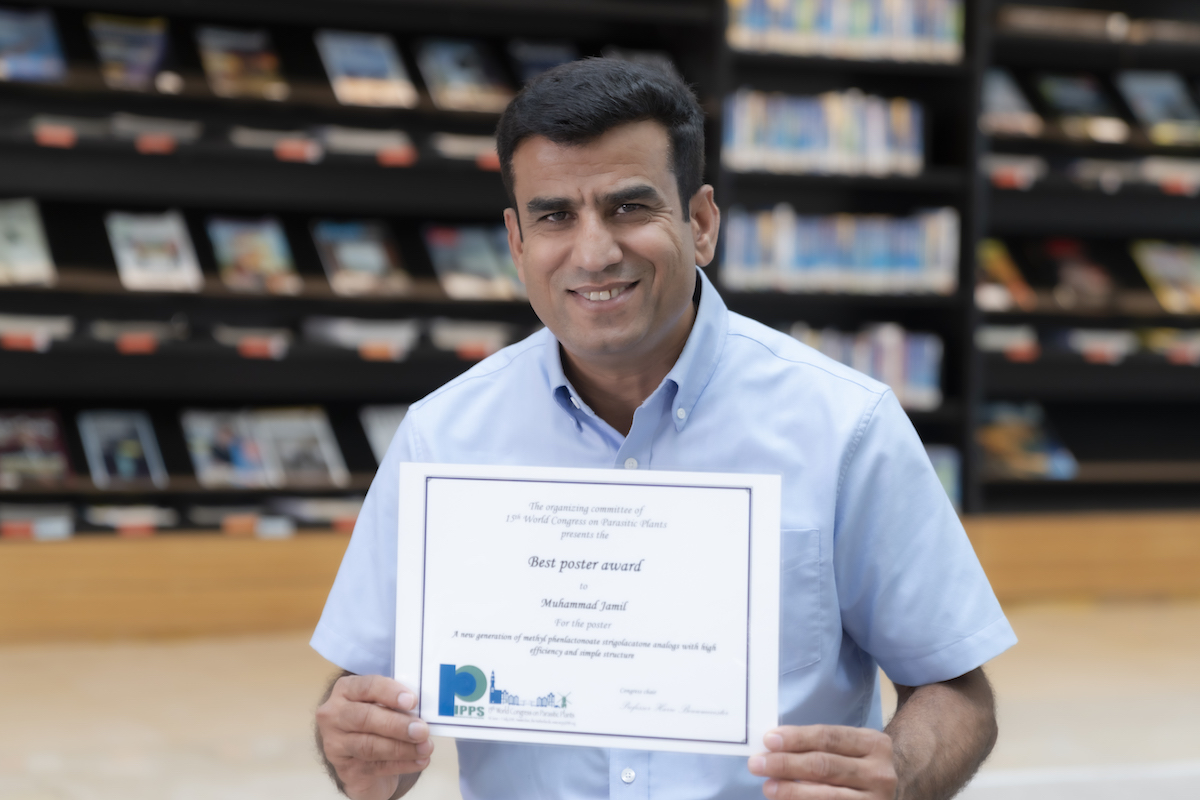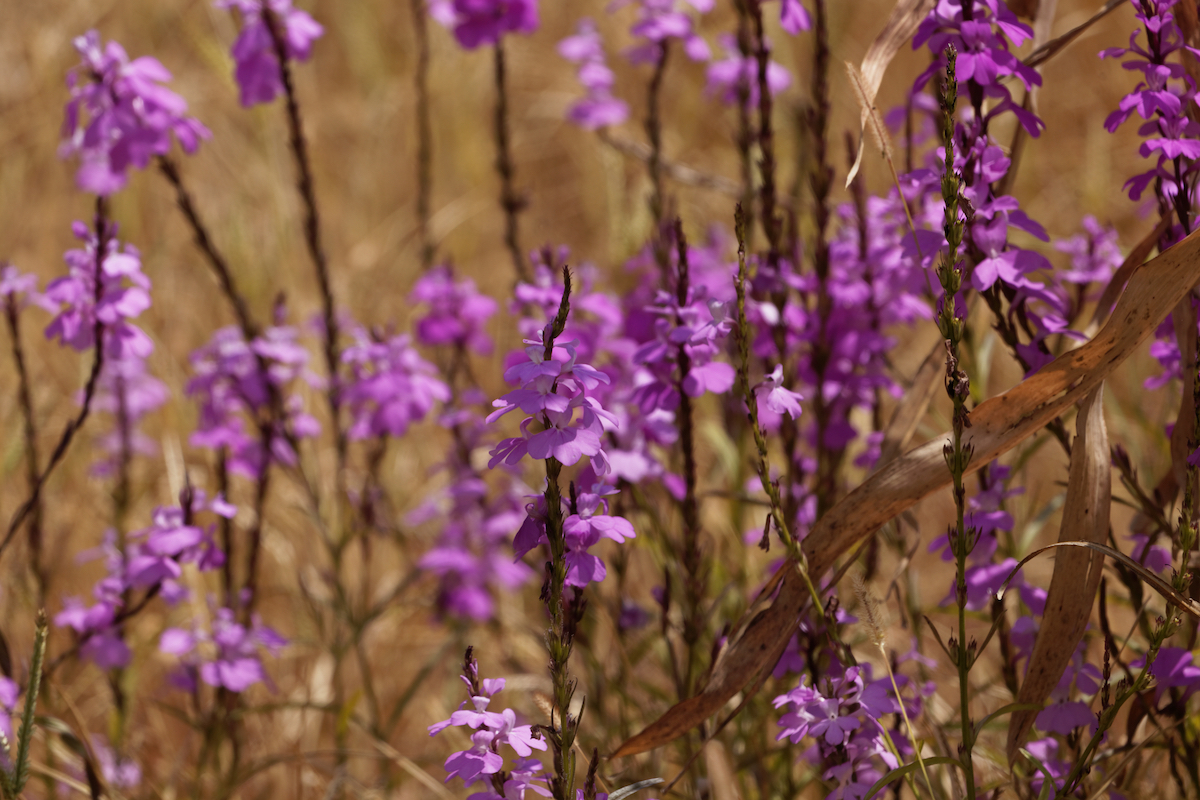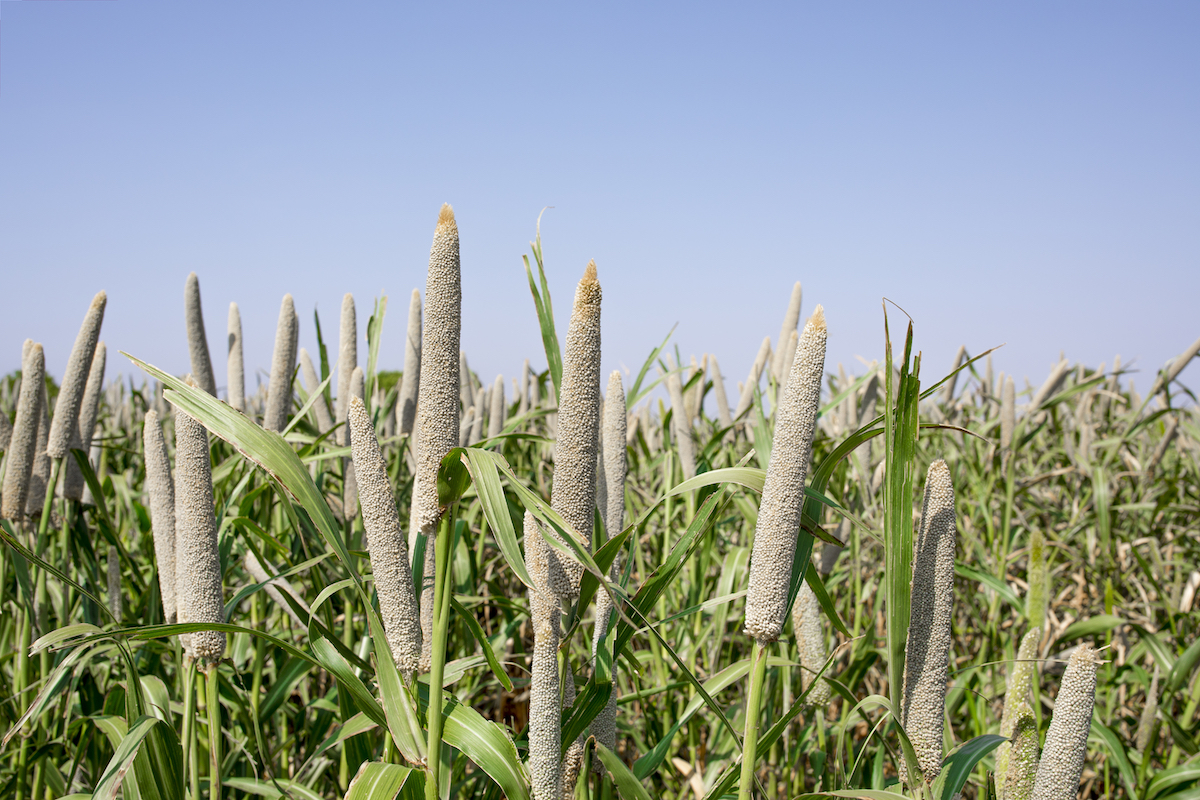KAUST postdoctoral fellow Muhammad Jamil wins best poster award

KAUST postdoctoral fellow Muhammad Jamil recently won a best poster award at the 15th World Congress on Parasitic Plants in Amsterdam, the Netherlands. Photo by Andrea Bachofen-Echt.
-By David Murphy, KAUST News
Muhammad Jamil, a postdoctoral research fellow from KAUST Professor Salim Al-Babili's BioActives Lab, recently won the best poster award at the 15th World Congress on Parasitic Plants (WCPP2019). The event took place in Amsterdam, the Netherlands, from June 30 to July 5. The WCPP2019 committee, which consisted of five internationally recognized reviewers/professors, evaluated 64 posters from a pool of global participants before selecting Jamil's winning entry.
His poster—titled "A new generation of methyl phenlactonoate strigolactone analogs with high efficiency and simple structure"—outlined his research at KAUST, which focuses on developing technologies to help farmers in sub-Saharan Africa combat the parasitic plant Striga hermonthica (or witchweed) that infests cereals.
Jamil's broad research interests include plant development and physiology, plant hormones and growth regulators, parasitic weeds and cereal production. He is an active member of the Bill & Melinda Gates Foundation-funded "Striga Control in Pearl Millet" project at KAUST, which is headed by Al-Babili. In the project, Jamil and his colleagues work on technologies to control the spread of Striga hermonthica and its debilitating effect on pearl millet, a crucial food crop. Jamil's other KAUST research areas include the development of new carotenoid-derived signaling molecules and biostimulants that can be used to enhance crop performance worldwide.

Witchweed (Striga hermonthica) is a parasitic plant of pearl millet, a crucial food crop. Severe infestation with it results in up to 100 percent cereal species failure, affecting the lives of 300 million people in Africa. Image courtesy of Shutterstock.
Combating witchweed
Striga is a major threat to food security in Africa. The plant produces vast numbers of seeds that have the capacity to survive in soil for upwards of 20 years, and severe infestation with it results in up to 100 percent cereal species failure. This affects the lives of 300 million people in Africa and causes an estimated loss of $7 billion annually.
"At present, Striga infestation is spreading over 50 million hectares of land in 32 African countries. These countries need suitable measures for its control," Jamil noted. "The goal of my study is to develop simple, affordable and environmentally benign technologies to overcome the Striga parasite in African agriculture."
.jpg)
Researchers from KAUST Professor Salim Al-Babili's BioActives Lab currently conduct field trials in Africa. Al-Babili (center) is shown here evaluating trial results in Burkina Faso. Photo courtesy of Salim Al-Babili.
"For this purpose, we have developed several hormone-based chemistries which have appeared extremely effective against this parasite as 'suicidal agents,'" he explained. "We are very close to achieving our objectives regarding the battle against Striga in Africa, and I feel that the technology developed at KAUST will help to clean Striga-infested soils throughout the continent."

Postdoctoral fellow Muhammad Jamil hopes his research work on combating parasitic plant Striga will result in robust pearl millet crops (pictured here) in Africa. Image courtesy of Shutterstock.
Research on a global level
"Winning the best poster award at WCPP2019 was a great honor and a prestigious moment for me," Jamil added. "It is not only recognition of the quality research work carried out at KAUST, but it also proves the impact of our research work at the global level."
"[The] award motivates and encourages me to do quality research in the future to my best capacity that will also help in my personal development as a researcher while aiding the plight of subsistence farmers the world over," he stated.
Related stories:
- KAUST Associate Professor Salim Al-Babili receives Bill & Melinda Gates Foundation grant
- Taking the lead toward witchweed control
-
Metabolite stimulates a crop while suppressing a weed

